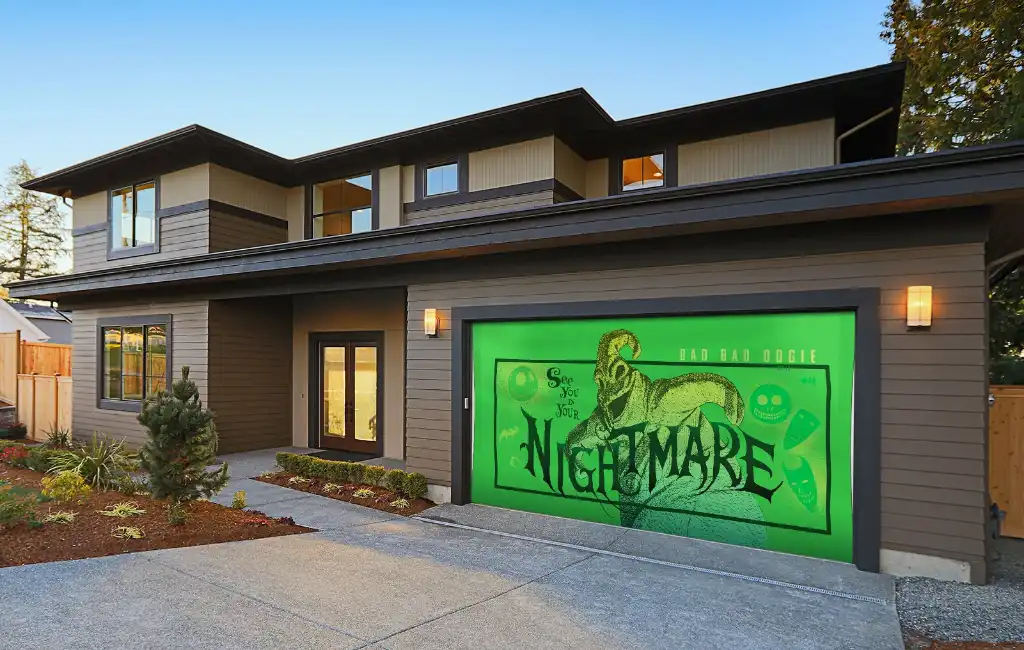ChessUp – Electronic Chess Board
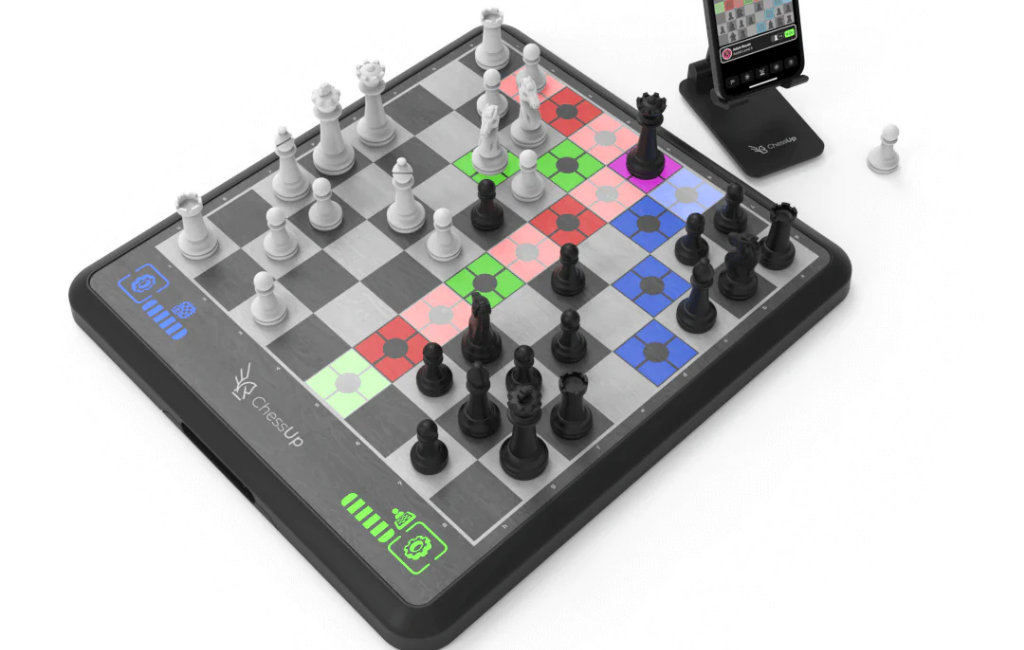

DEAL
EPISODE SUMMARY
🕓 Air Date: December 9, 2022
Asking For:
$300,000 for 5%
Investor:
Lori Greiner
Deal:
$300,000 for 5% + 3% royalty
PRODUCT SUMMARY
ChessUp is a revolutionary chess board with built-in AI that assists players in learning and improving their chess skills while providing a physical board experience.
WATCH HERE
IN A RUSH?
Click these to jump to the section you want to read.
Background Story
Jeff Wigh and Adam Roush, two of the founders of Bryght Labs, introduced ChessUp as a solution to make chess more accessible and engaging. They emphasized that chess, despite its intellectual benefits, can be intimidating to learn and challenging to improve in. Both founders had backgrounds in innovation and product development, having met at the innovation lab of a major consumer electronics brand.
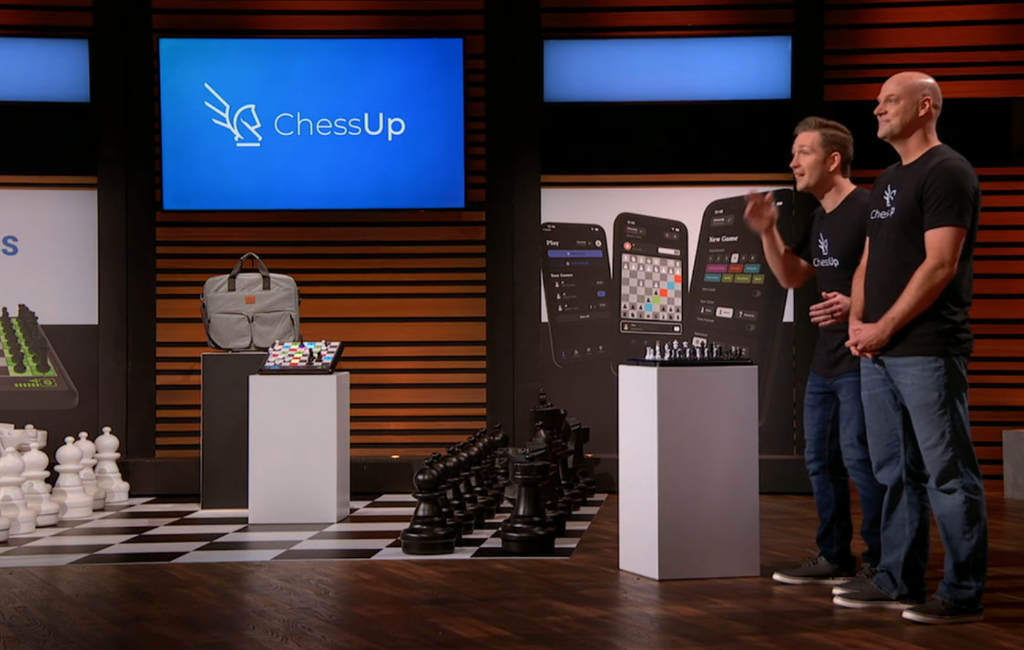
Jeff had previously worked on successful products, including the Garmin Lily smartwatch, while Adam brought his expertise in electronics and innovation. The idea for ChessUp stemmed from their experiences in the lab, where they began prototyping various gadgets. Their concept for a chess product gained traction, leading them to launch a Kickstarter campaign, which far exceeded their initial goal, raising $1.7 million in just 39 days. This success laid the foundation for Bryght Labs and ChessUp.
The Product
ChessUp is an innovative chess board that combines the tactile experience of playing chess on a physical board with the benefits of built-in artificial intelligence. The board has AI assistance, offering six different levels of help to players, making chess accessible to beginners, and providing improvement opportunities for experienced players.
When a player touches a piece, the AI displays available moves, color-coded for strength (green for best moves, red for worst). The product offers a curated set of lessons taught by a professional chess teacher to help users understand different scenarios and strategies.
ChessUp can also be used to play against an opponent who may be in a different location, with the moves appearing instantly on the physical board. It caters to both casual players and those looking to enhance their chess skills.
The retail price for ChessUp is $399, with a manufacturing cost of $120 per unit. While there are online chess platforms available, ChessUp distinguishes itself by providing a physical board experience combined with AI assistance.
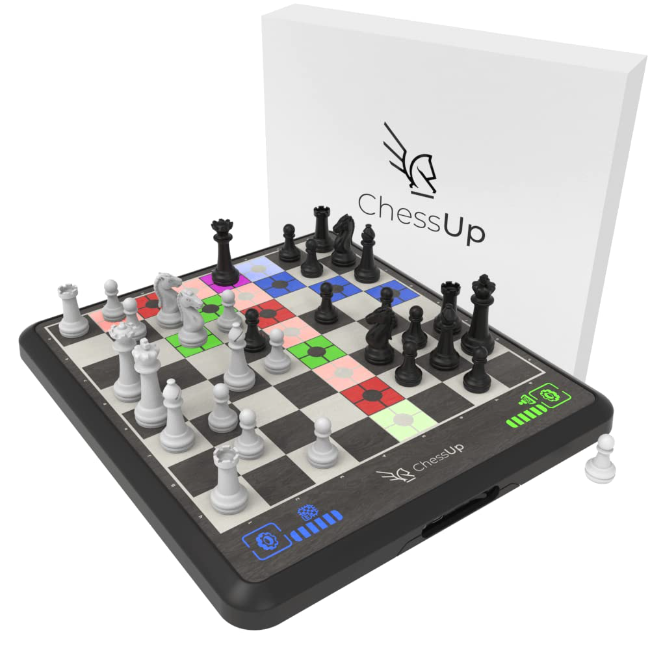
How It Went
The company’s position before Shark Tank
Bryght Labs achieved significant success with its ChessUp product, raising $1.7 million through a highly successful Kickstarter campaign. Since then, they have generated approximately $400,000 in sales. Despite not actively running ads, the product continues to attract customers to their website. The founders mentioned some debt on the company, which is structured as a royalty agreement, with $392,000 of debt that requires them to pay 3.92% of their sales until they reach a 1.5 times return.
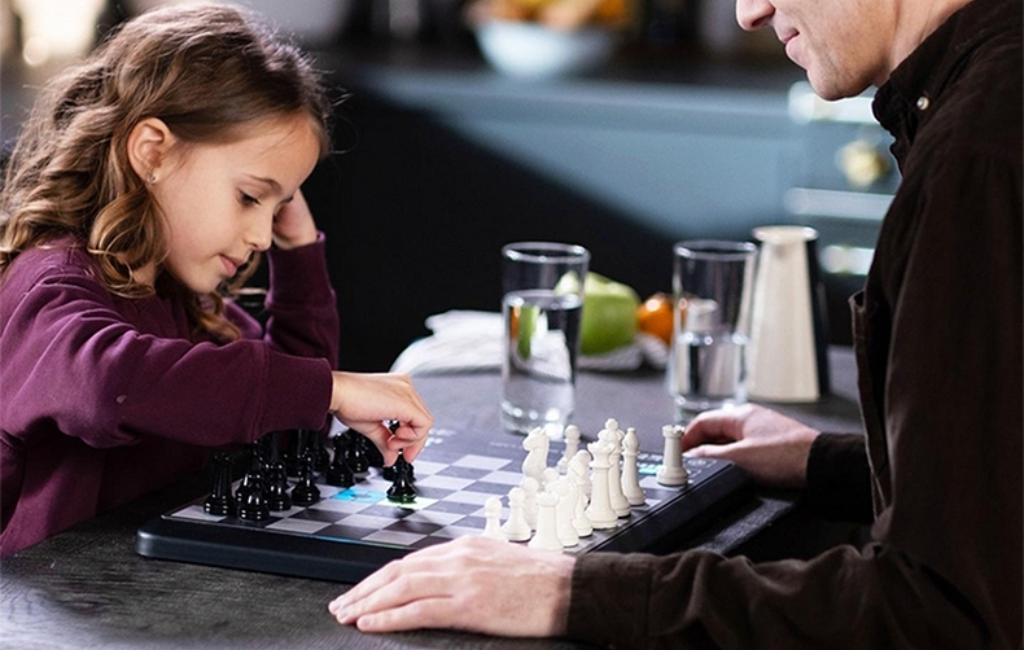
The company’s founders, Jeff and Adam, have impressive backgrounds in innovation and product development, having been responsible for numerous patents and a cumulative lifetime revenue of over $1 billion in their previous roles. ChessUp differentiates itself by offering a physical chess board experience combined with AI assistance, catering to a market of 600 million people who play chess over a real board. They believe the tactile aspect of playing chess on a physical board, combined with the learning element, sets ChessUp apart from online platforms.
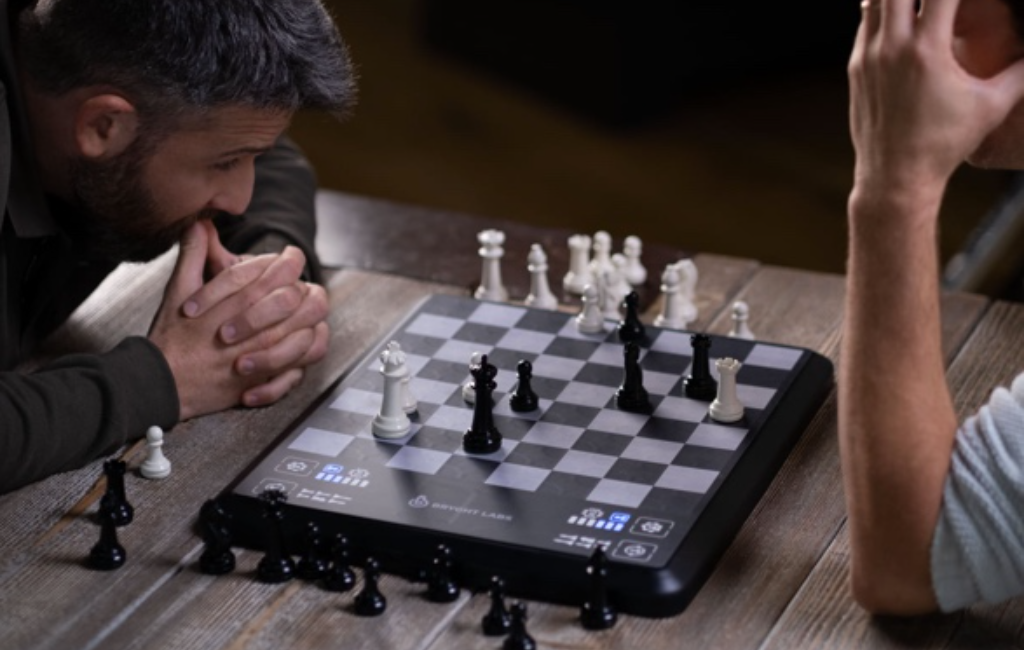
The Negotiations:
In the Shark Tank, Bryght Labs sought a $300,000 investment for 5% equity in their ChessUp product. Lori Greiner was the first Shark to show interest and offered the full amount in exchange for 5% equity, which the founders accepted. They emphasized the value of working with Lori, whom they referred to as the “Shark queen.”
Several Sharks expressed concerns about the product’s differentiation from online chess platforms and questioned its market potential. Barbara Corcoran was the first to bow out, expressing that chess wasn’t her area of expertise. Robert Herjavec, while interested in chess, noted that he preferred online platforms for convenience and passed on the opportunity. Mark Cuban also declined to invest, citing his preference for online chess platforms and his belief that the market might not be substantial enough for him.
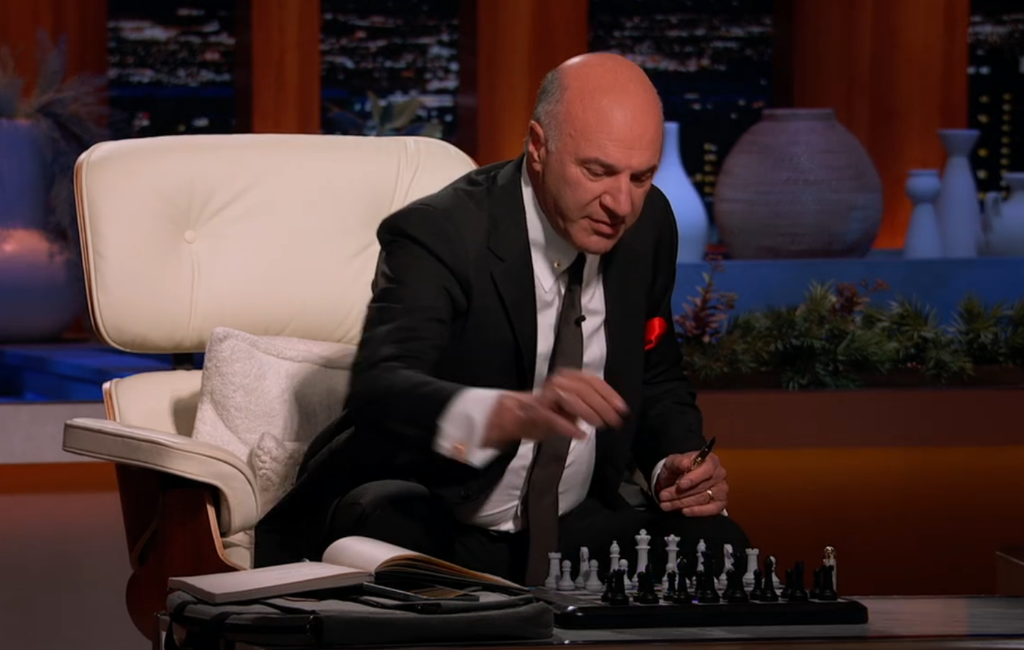
Ultimately, it was Lori Greiner who recognized the potential of ChessUp and offered the deal. The founders accepted her offer of $300,000 for 5% equity, with an additional 3% in royalties until Lori received a 1.5 times return on her investment, bringing her total equity to 8%. Greiner saw value in the tactile experience of ChessUp and believed it had a place in the market, despite competition from online platforms.







